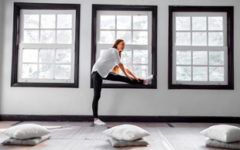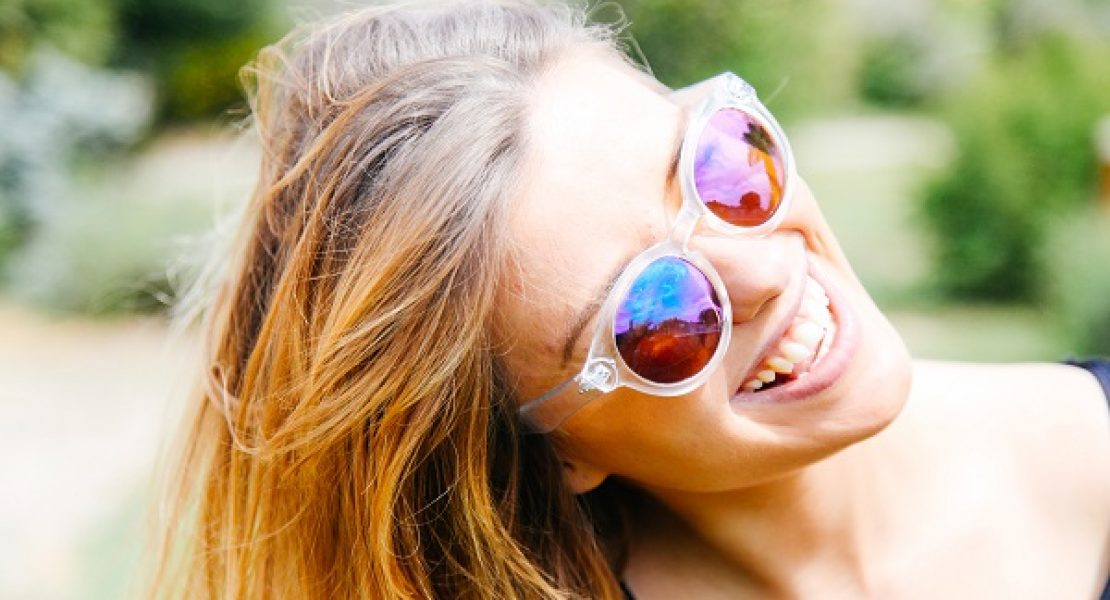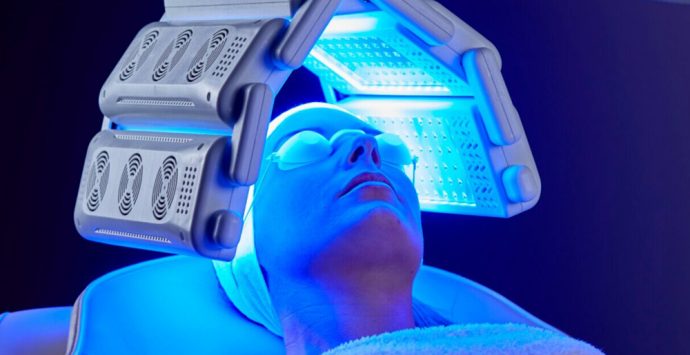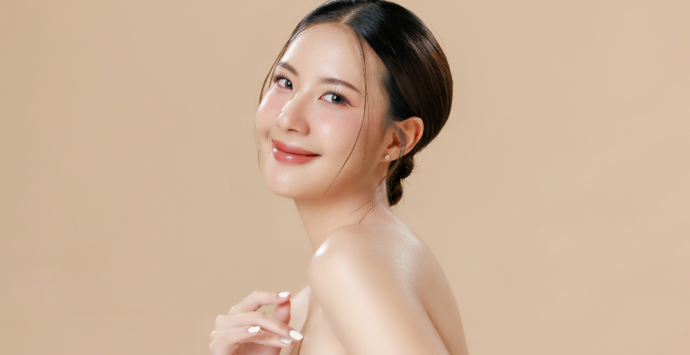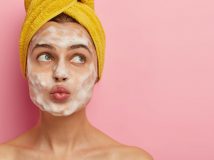
With the weather warming up and summer just around the corner, there’s no doubt you’re ready to come out of hibernation and face the world. Before checking yourself in for a facial, it’s important to address any underlying skin issues that may have left you a little dull and lifeless, not to mention stifled your confidence! To help put a bit of pep back into your skin and achieve a flawless summer glow, here are some practical tips for those pesky conditions.
Eczema and Dermatitis
If you’ve experienced dry skin, itching and inflammation, you could have eczema, also known as atopic dermatitis, which affects one in three Australians at some stage throughout their lives. Eczema, an uncomfortable and persistent skin condition, is caused by food allergies, stress, external irritants such as dust and pollen, and is also known to be hereditary.
So, what can you do to reduce and relieve the symptoms? According to Rodney Sinclair, Professor of Dermatology at the University of Melbourne, you can take the following measures.
“Avoid skin irritants such as soap, bubble baths and hot showers. Heat makes the itch worse, irrespective of the cause. Overheating at night leads to scratching in your sleep, so take the doona off and sleep under cotton blankets. Frequent and liberal use of moisturiser restores the skin barrier as well as topical corticosteroid creams as directed by a dermatologist.”
If your condition is severe, consult with a dermatologist.
Acne
While most women will experience acne at some stage of life, the symptoms and severity will vary depending on each individual. From mild acne such as whiteheads and blackheads to large, painful cysts under the skin, which is more severe, acne can be a real hassle and negatively affect your self-esteem and mood.
Dr Liz Dawes-Higgs of Northern Sydney Dermatology is optimistic about treatment but says patience is key as acne treatments often take months to work.
“If you have mild acne, non-script products containing salicylic acid, azelaic acid and benzoyl peroxide may be able to keep the acne under control,” says Dr Liz. “If your acne is more than this then you will need to see your doctor, who will talk to you about your options such as Vitamin A cream, salicylic acid peels, antibiotics or a hormone tablet.”
If you are feeling depressed about your acne, talk to your doctor for advice and don’t delay seeking help.
Sun Exposure
One of the main causes of skin damage and premature ageing is Ultraviolet (UV) radiation, as a result of excessive sun exposure. Despite the temperature being lower during the winter months, there are still significant risks, including the development of skin cancer. In 2013, more than 2,200 Australians died from this almost entirely preventable disease.
“In Australia, we have the highest rate of skin cancer in the world,” says Dermatologist Dr Margit Polcz of The Skin Hospital. “It is everyday sun exposure that leads to a majority of sun-damage. Although the averages drop lower in winter, they may still be quite high during the day.”
As prevention is always better than cure, skin protection is key. According to the Cancer Council, applying water resistant SPF30+ or higher sunscreen in combination with wearing sun-protective clothing such as a hat and sunglasses can help protect your face, head, neck and ears; those parts most susceptible to skin damage. If you have any concerns about skin discolouration and unusual spots, see your doctor.
Whether you have eczema, acne or are susceptible to sun exposure, it’s important to take care of your skin, seek professional help when required and be persistent if undergoing treatment. We believe that more than anything, you deserve to not only feel beautiful and radiant, but confident in your own skin.











